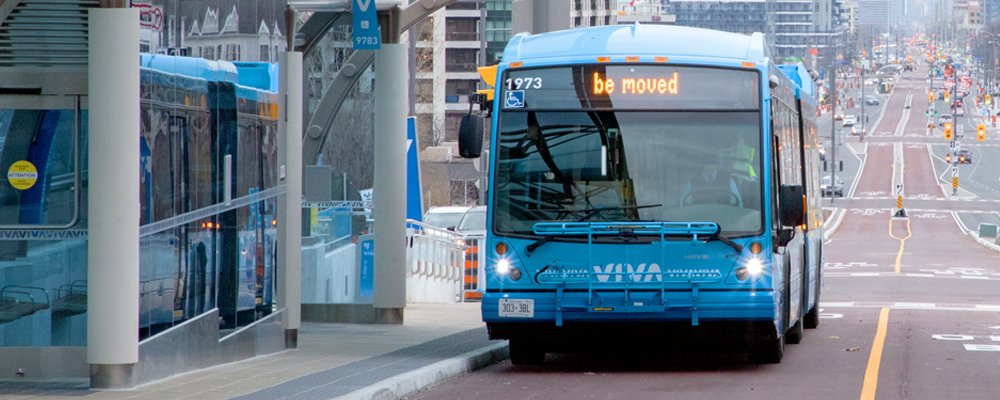
Business Plan

YRT is creating its 2026-2030 Business Plan, which will guide transit service expansion over the next five years.
YRT’s 2026-2030 Business Plan will guide transit service expansion and investments over the next five years. The following items are being developed as part of the next Business Plan:
- Transit priorities and key principles
- Ridership Growth Study
- YRT On-Request Plan
- Transit service guidelines
- Network maps
New proposed network maps will guide transit expansion for the next five years.
York Region Transit has created new network maps that we plan to implement over the next five years as part of the 2026-2030 Business Plan. The updated maps include the:
- Frequent Transit Network (FTN)
- Express Network
- Overnight Network
The new network maps will guide the expansion of bus services to meet changing travel needs, support the growing population and provide transportation to jobs in York Region. The implementation depends on budget approval and will be prioritized based on customer feedback and ridership demand. The plan is to continue expanding the networks in subsequent five-year business plans.
| Frequent Transit Network | ||||||||||||||||||||||||||||||||||||||||||||||||
|
Routes on the FTN provide frequent and direct service along major roadways and connect riders to busy locations. Over the next five years, we plan to increase the frequency of the routes. FTN (Tier 1): Viva routes offer frequent and high-capacity service along York Region’s busiest roads. They will operate, at a minimum, from 5 a.m. to 12 a.m., seven days a week. FTN (Tier 2): Base routes provide frequent and direct service along major roads. They will operate, at a minimum, from 5 a.m. to 10 p.m., seven days a week. Proposed minimum frequencies (how often a bus starts the route) in minutes, for FTN Tier 1 and FTN Tier 2 routes are outlined in the table below.
|
| Express Network |
|
Express routes connect residential and business areas to busy locations and transit hubs, while reducing travel times by having a limited number of stops and/or travelling on highways and high occupancy vehicle (HOV) lanes. Over the next five years, we plan to add new routes to the network. Feeder route: Provides direct service between residential, commercial, and/or industrial areas and high-demand locations like bus terminals, subway stations and recreational facilities. These routes also provide convenient transfers with other transit systems and go directly to popular destinations. For example, Route 300 – Business Express connect Richmond Hill Business Park with the TTC Subway at Finch GO Bus Terminal. Overlay route: Provides limited-stop service at high-demand locations, supplementing (helping to provide busing for routes with high ridership demand) on FTN routes along major roads. For example, Route 320 – Jane Express supplements Route 20 – Jane. |
| Overnight Network |
|
YRT is developing a new overnight network which will provide a basic level of service and coverage along select major roads. Overnight routes will operate 12 a.m. to 5 a.m., seven days a week. The plan is to continue expanding the overnight network as resources become available in future years. |
YRT 2021-2025 Business Plan
The 2021-2025 Business Plan will guide YRT through the next several years. Note that all planned changes noted in the Business Plan will be subject to Council approval on an annual basis.
Read the Moving to 2025: YRT 2021-2025 Business Plan
Transit Service Guidelines
YRT's Transit Service Guidelines are intended to make the services that we provide comfortable, convenient and easy to use for customers, and to ensure that services are designed to be reliable, safe and efficient.
